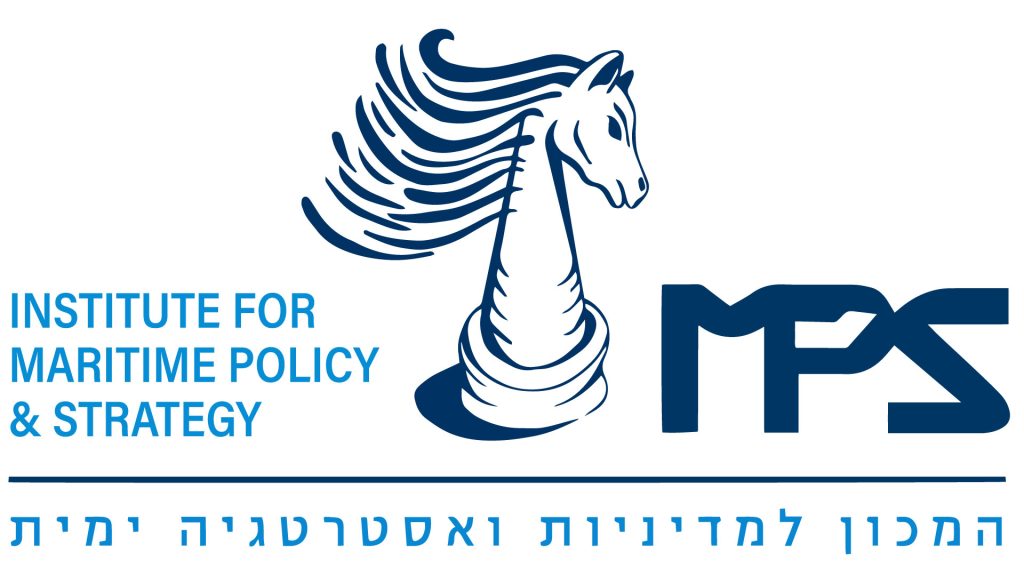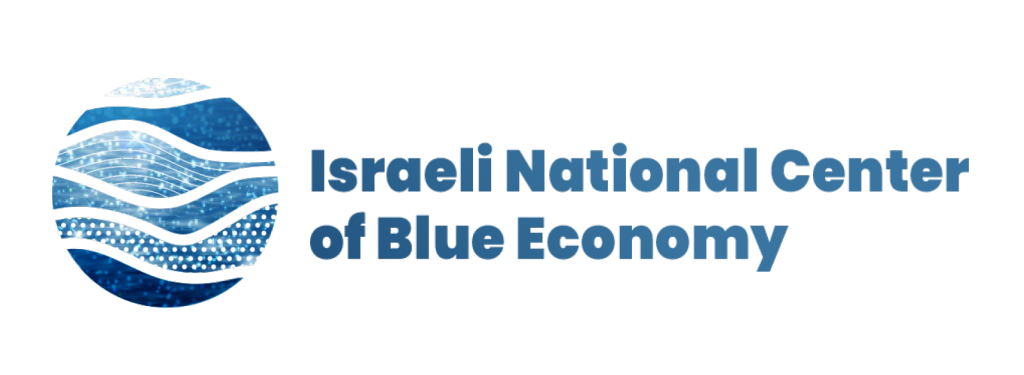Improving maritime awareness in the Indo-Pacific and Eastern Mediterranean regions: Indian and Israeli perspectives
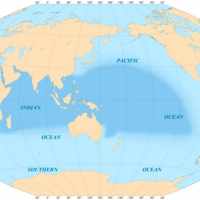
This research work is a product of the research collaboration between the Center for Maritime Policy and Strategy Research, University of Haifa (HMS), Israel, and the National Maritime Foundation, New Delhi, with the aim of providing policy recommendations to the respective governments of India. Israel. With dwindling resources on land, the oceans became the next “stop” for humans to fulfill their needs. Today, the oceans and seas around us are teeming with activity. These activities range from trading, fishing, offshore gas, offshore wind farms, exploration activities for deep seabed mining, marine scientific research, marine solar farms, laying submarine cables, and many other activities, good and offensive. For all these activities to be possible, there is n…
Gulf countries – from the periphery to the center
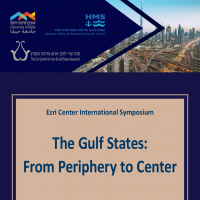
With the signing of the Abraham Agreement at the White House on September 15, 2020, a new historical era was inaugurated in relations between Israel and the Arab Gulf states. What was once a limited and secretive relationship suddenly blossomed into a multi-faceted public courtship. Against this background, the Azri Center for the Study of Iran and the Persian Gulf of the University of Haifa – operating as part of the Haifa Policy and Strategy Research Center (HMS) – hosted its annual symposium on October 3, 2020 entitled “Gulf States – From the Periphery to the Center.”…
Proceedings of the first Master’s Webinar Collaboration
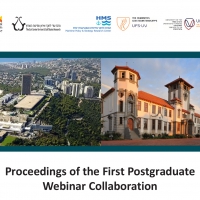
Six graduate students from the University of Haifa and the University of the Free State met with each other virtually, and held a fruitful webinar in which a wide range of research topics were presented and ideas were shared. It ranges from terrorism and drugs, to liberal democracy in sub-Saharan Africa, organized crime and political elites in sub-Saharan Africa, to research on Saudi foreign policy and research on China’s naval activity around the Horn of Africa… .
A technological solution for the production, storage, unloading and export of condensate produced from Israel’s offshore gas fields

The oil and gas business can be complicated. It is often influenced by personal interests, conflicting values and ideologies. This report presents a technological, legal and economic solution for the installation of a marine CALM buoy to download and export condensate[1] from offshore gas fields in Israel, and also aims to navigate through the aforementioned common challenges in the energy industry in relation to condensation. According to a new government policy, in the future further development of offshore oil and gas fields will be encouraged[2] and it will be necessary to provide adequate solutions for the disposal of additional condensate and other liquid by-products produced from such. fields….
UNCLOS and Protection of Innocent Passage and Transit at Maritime Choke Points
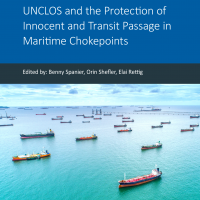
Benny Spanier, Orin Scheffler, Elie Rettig (eds) This joint publication by the Center for Maritime Policy and Strategy (HMS) and the Konrad Adenauer Foundation (KAS) examines the emerging challenges and threats to maritime “choke points” connecting the Arabian Gulf with the Mediterranean. As issues such as piracy, autonomous vessels and deliberate sabotage come to the fore, this edited volume offers us new insight into how the United Nations Convention on the Law of the Sea (UNCLOS) can help ensure the protection of innocent passage and transit in the volatile waters of the Middle East….
Iran and the Gulf countries in the shadow of recent events
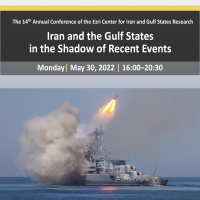
The 14th Annual Conference of the Azri Center for the Study of Iran and the Gulf States On May 30, 2022, the Azri Center for the Study of Iran and the Gulf States at the University of Haifa held its 14th annual conference on “Iran and the Gulf States in the Shadow of Recent Events”. The conference was held in English via Zoom, in order to allow the participation of more researchers from abroad…
